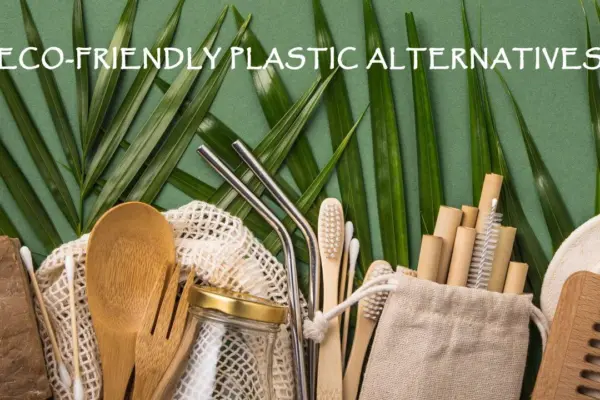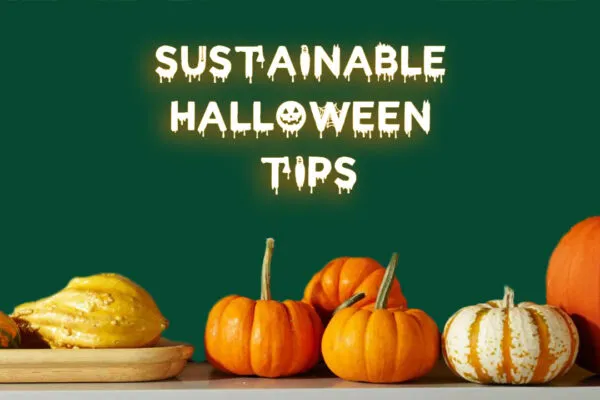Time to Say Bye to Single-use Plastic as India Imposes Ban From July 1
Beginning next month, the Delhi government will launch a campaign for bringing awareness to the ban of 19 single-use plastic (SUP) items by the Central Pollution Control Board
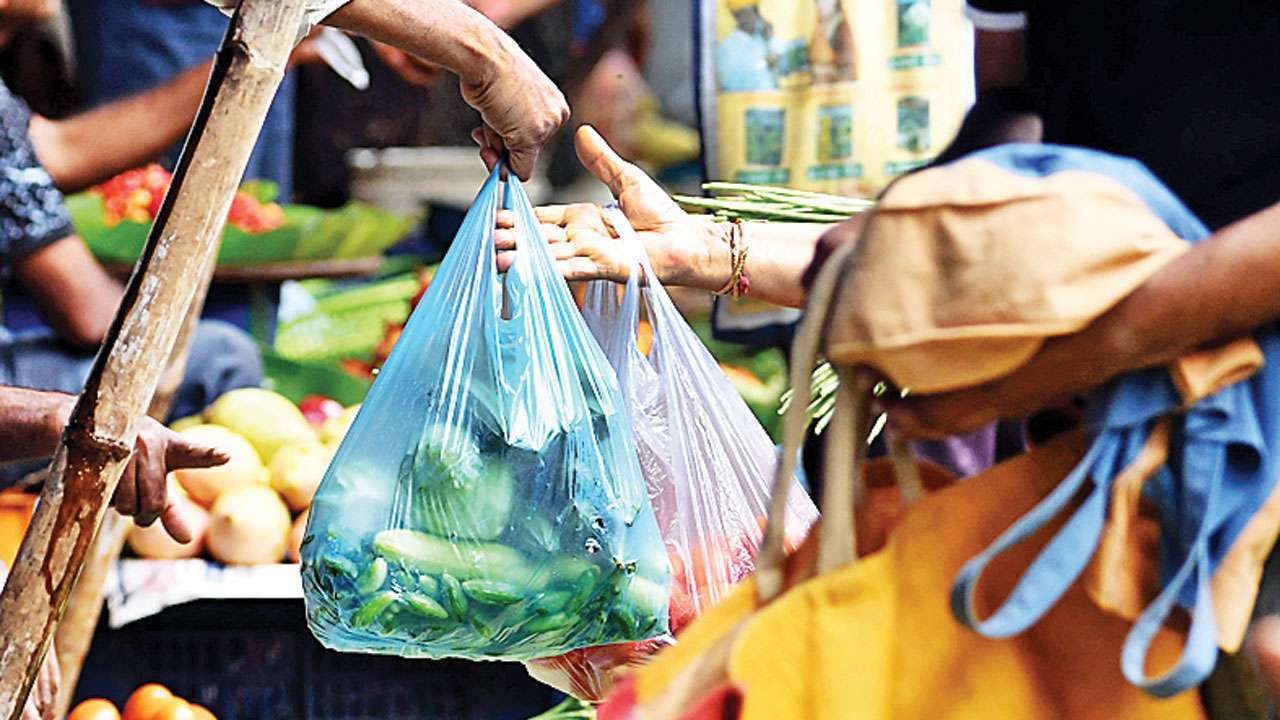
Image: DNA India
To control the increasing plastic pollution in the country, the Union Government of India has decided to ban all units of single-use plastic, including expanded polystyrene and polystyrene. The Central Pollution Control Board (CPCB), a government body under the Ministry of Environment, issued a list of 19 single-use plastic items that will be banned in India, starting next month.
On July 1, the Delhi Environment Department will start a campaign to encourage people to comply with the ban on around 19 identified single-use plastic (SUP) items in Delhi. According to officials, they will shut down all the suppliers, manufacturers, dealers, sellers, and stockists who violate these orders.
Single-use Plastics
As the name indicates, it is the plastic items that you use once and then dispose of. Singe-use plastic is among the highest used and manufactured plastic items. It’s used in packaging items – like bottles, face masks, polythene, coffee cups, trash bags, food packaging, and more.
As per a 2021 report by the Australian Minderoo Foundation, single-use plastics account for a third of all global plastic, with 98 percent of plastic manufactured from fossil fuels. This also accounts for the majority of discarded plastic, which was around 130 million metric tonnes globally in 2019.
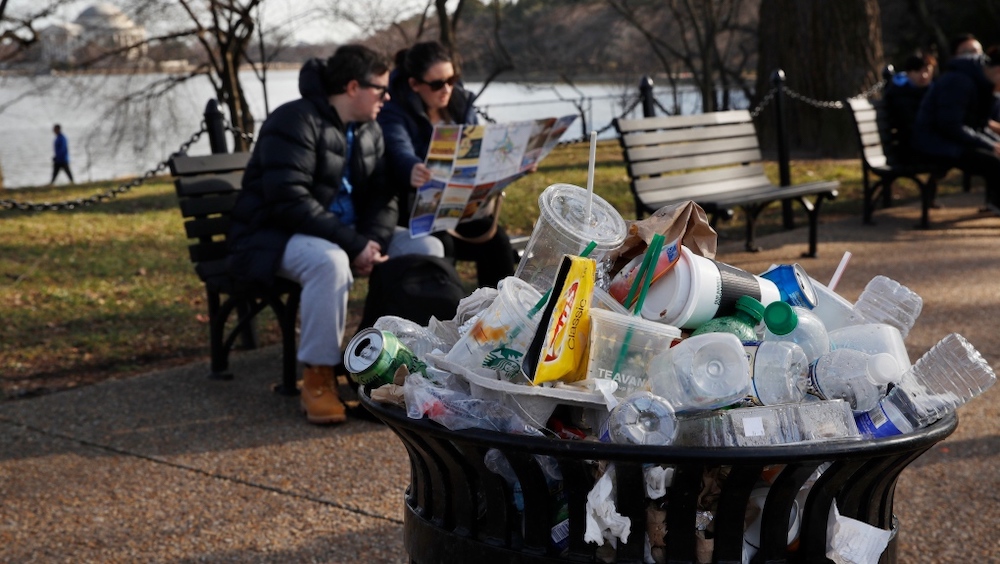
Image: CTV News
As per the current plastic production trajectory, it’s estimated that single-use plastic could lead to a 5-10 percent increase in greenhouse gas emissions by 2050. The report also states that India is among the top 100 countries that generate high amounts of single-use plastic waste. Therefore, India needs to control plastic production or simply switch to sustainable plastic alternatives for conserving the environment.
Items to be Banned
The Central Pollution Control Board (CPCB) has announced a ban on various plastic items, like balloon sticks, earbuds, candy, and ice-cream sticks; invitation cards; cutlery items like cups, plates, glasses, spoons, forks, knives, trays; cigarette packs; sweet boxes; PVC banners that measure under 100 microns; as well as polystyrene for decoration.
According to the officials, they banned these selected single-use plastic items based on the “difficulty of collection and recycling” of these items. When plastic remains in our environment for long periods without decaying, it leads to microplastics.
These microplastics are so tiny to enter our food sources and even the human body. Hence, these are extremely harmful to us and the environment. Since the chosen items for the ban are difficult to collect due to their small size, it would be somewhat convenient to put control on plastic pollution.
Enforcing the Single-use Plastic ban
The CPCB will monitor the ban, while the State Pollution Control Boards (SPCBs) will report to the Centre regularly about the enforcement. The directions are even given to SPCBs, as well as the Pollution Control Committees for revoking and modifying consent to avoid single-use plastic usage.
The local authorities need to issue fresh commercial licenses with one condition – no SUP items will be sold on the premises. If any SUP items are found, the existing commercial licenses will get canceled.
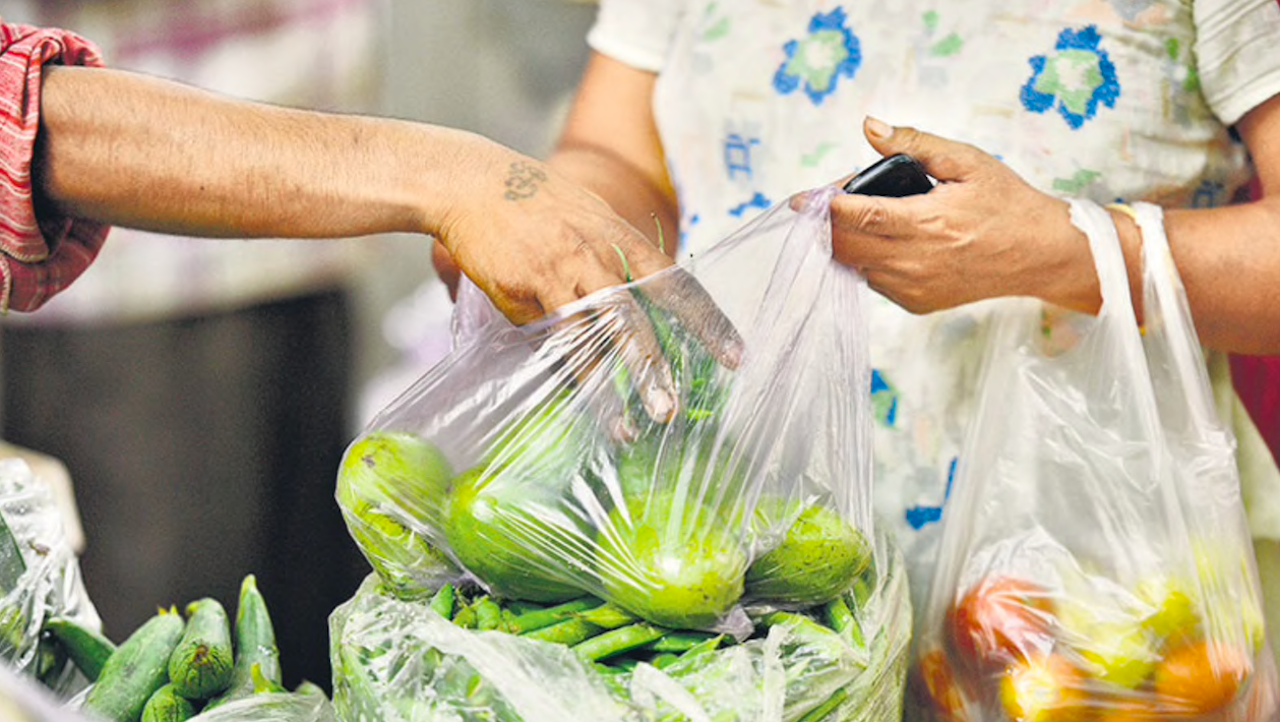
Image: Hindustan Times
Last week, the CPCB also issued one-time certificates to around 200 manufacturers of compostable plastic. They also passed the BIS standards for biodegradable plastic usage. If anyone violates the ban, they are liable for a penalty under the Environment Protection Act 1986. As per this act, the violators can get imprisonment for up to 5 years, or a penalty fine of up to Rs 1 lakh, or both.
The authorities could even ask the violators to pay the Environmental Damage Compensation by the SPCB. Besides that, the ministry is also imposing municipal laws on plastic waste along with its own penal codes.
Via: Mint
